According to WHO, although no cases have been reported to date, there is a risk that chikungunya will appear in Vietnam (VN). WHO is working closely with the Ministry of Health to monitor the situation, share information and support Vietnam’s preparedness and response. WHO is also planning communication activities to support the Ministry of Health’s efforts.
It is important for people to know that the best protection against chikungunya (and dengue) is to avoid mosquito bites, WHO notes.
WHO recommends that people wear clothing that covers their skin to avoid mosquito bites during the day, use mosquito repellent on exposed skin, and use mosquito nets on windows and doors to prevent mosquitoes from entering the home. Treated mosquito nets should be used for people who sleep during the day, such as young children, the sick or the elderly. In the area around the house, people should cover or remove places where mosquitoes can breed, such as water containers, bottles, tires, etc.
If someone in your family develops a sudden fever with joint pain, seek medical attention as soon as possible, especially if they are in a high-risk group for severe symptoms or slow recovery. These groups include people over 65 years of age; infants and young children; pregnant women; and people with high blood pressure, diabetes, heart disease, or other medical conditions. For high-risk groups, seeking medical attention when experiencing chikungunya symptoms is especially important.
During the first week of illness, patients suspected of having chikungunya should avoid mosquito bites to prevent transmission of the disease.
Source: https://thanhnien.vn/who-khuyen-cao-ve-nguy-co-benh-chikungunya-voi-vn-185250814231737329.htm






![[Photo] General Secretary To Lam attends the 80th anniversary of Vietnam's diplomacy](https://vphoto.vietnam.vn/thumb/1200x675/vietnam/resource/IMAGE/2025/8/25/3dc715efdbf74937b6fe8072bac5cb30)





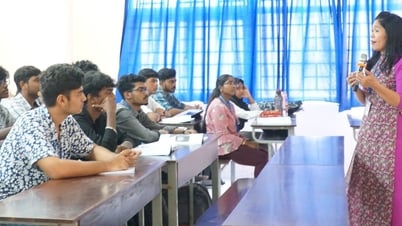





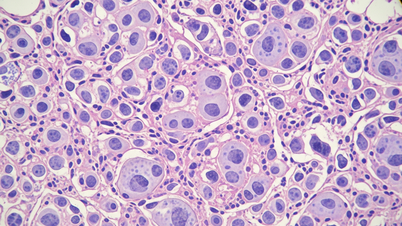


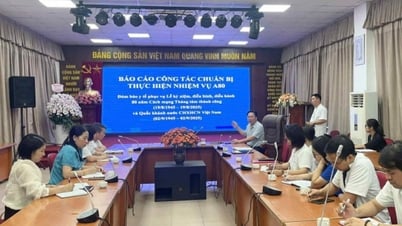

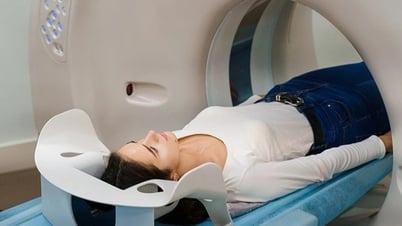

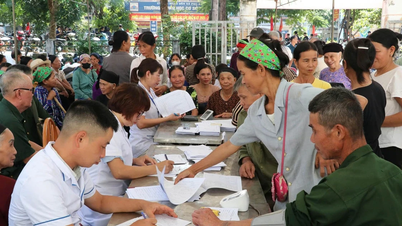









































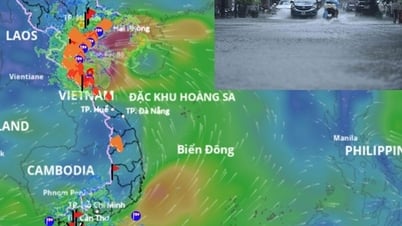


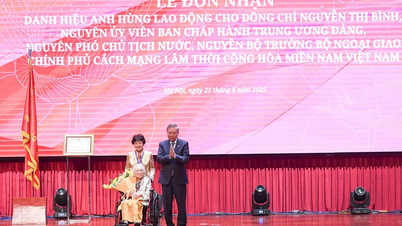
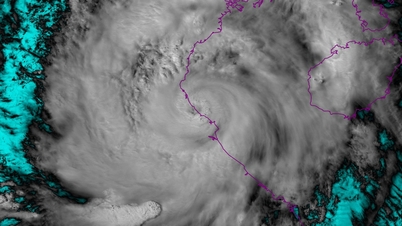













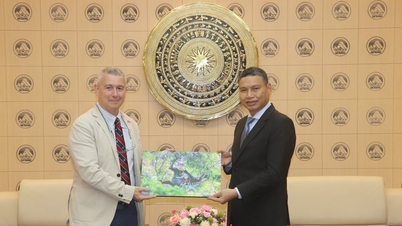
















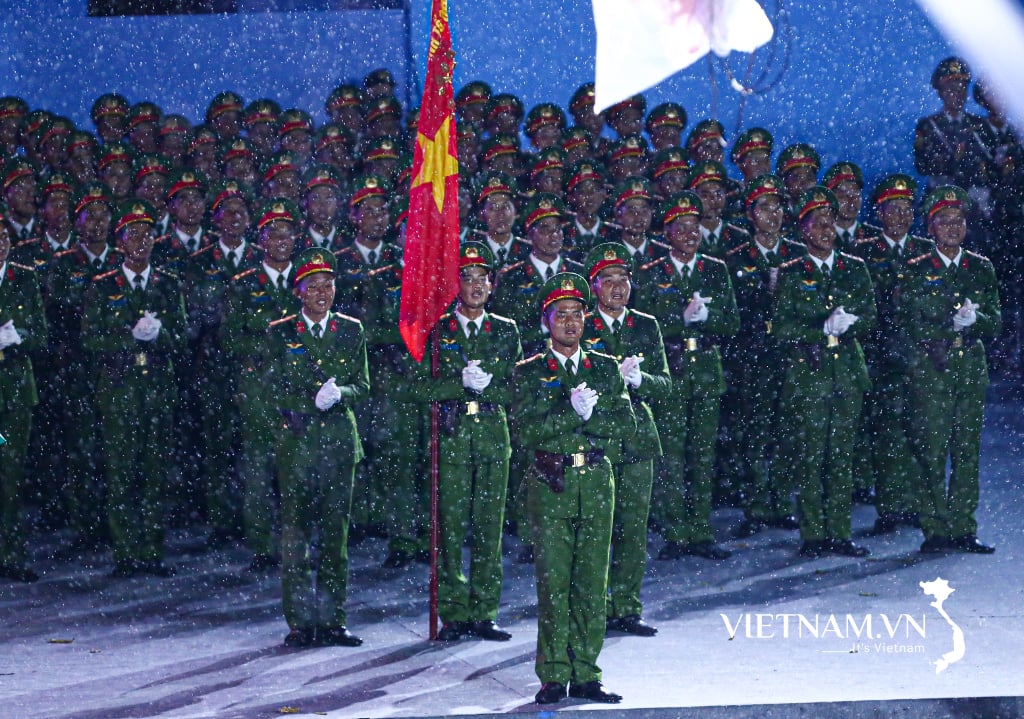
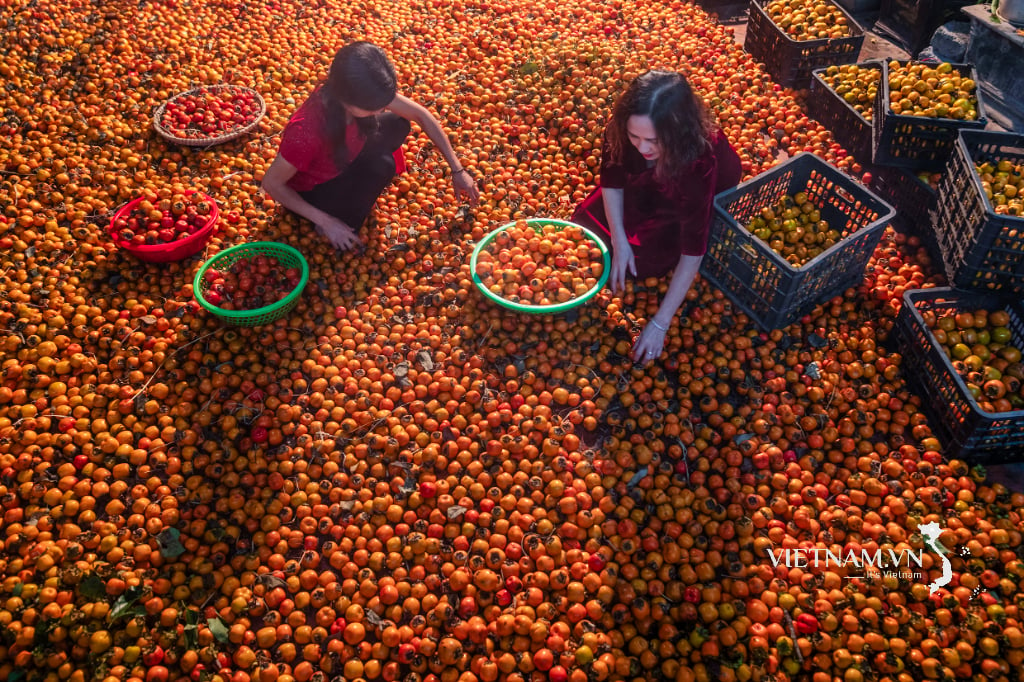
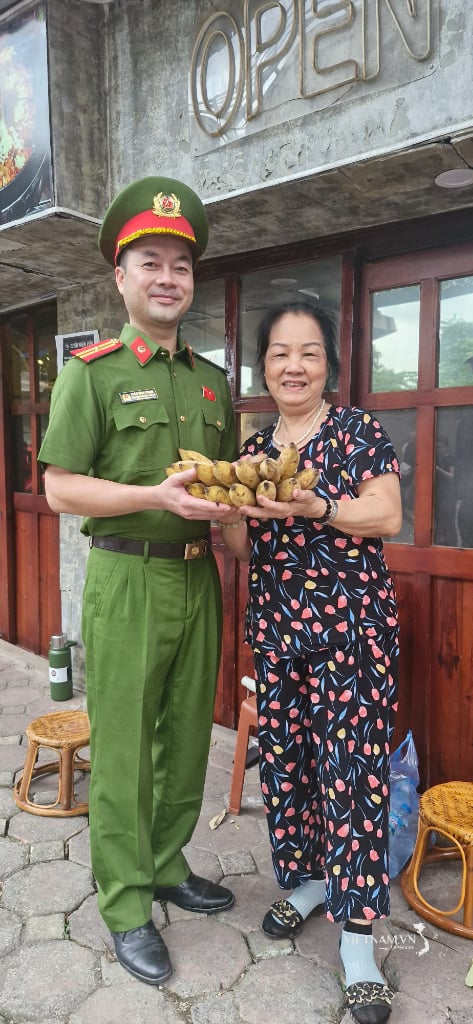
Comment (0)